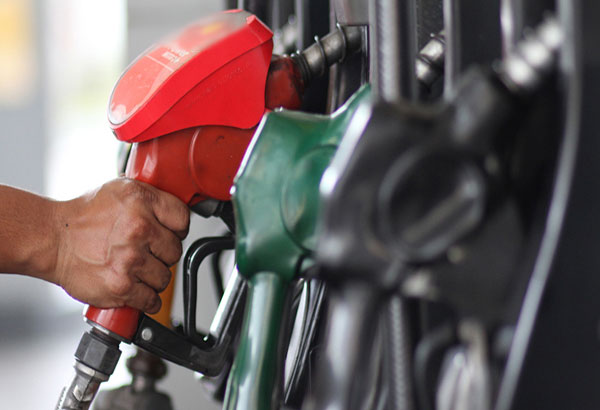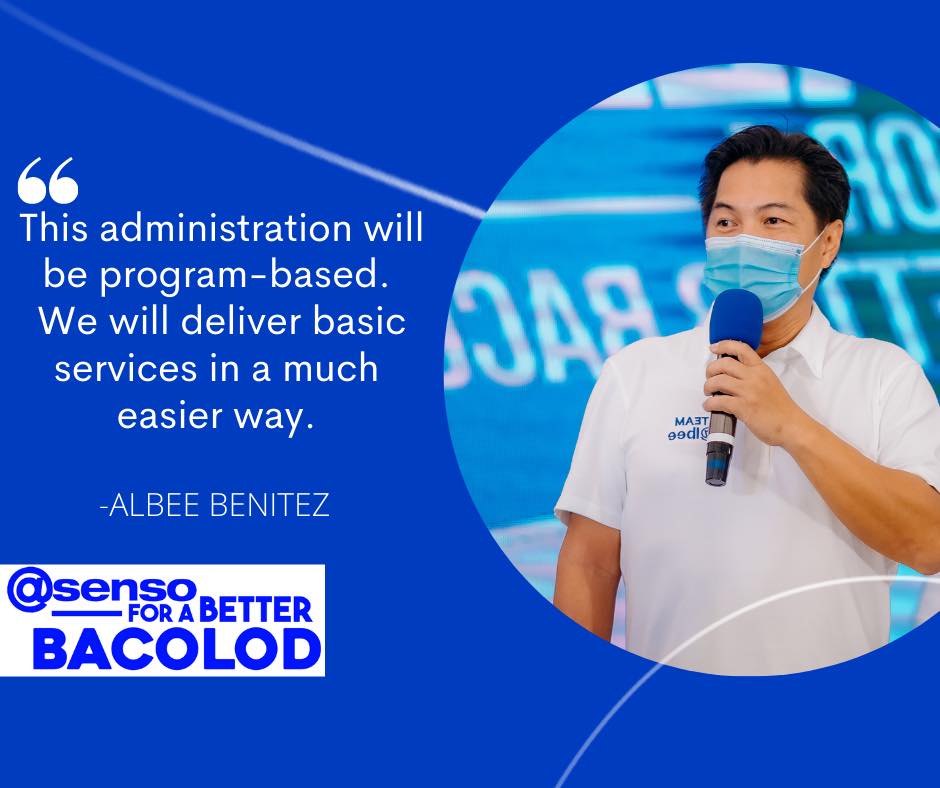Lawmakers to temper P6 diesel tax

By Jess Diaz (The Philippine Star) | Updated May 19, 2017 - 12:00am
MANILA, Philippines - Congressmen are trying to find ways to temper the proposed P6 tax on diesel, which they believe will immediately increase its pump price by the same amount and result in higher transportation and consumer prices.

Congressmen are trying to find ways to temper the proposed P6 tax on diesel, which they believe will immediately increase its pump price by the same amount and result in higher transportation and consumer prices. (Philstar File Photo)
Speaker Pantaleon Alvarez and Majority Leader Rodolfo Fariñas have given their colleagues up to Monday to submit their proposals before the House tackles the bill containing the planned diesel tax in plenary session.
The proposals would be treated as amendments to the bill, which is based largely on the administration’s so-called tax reform package put together by the Department of Finance (DOF).
Quirino Rep. Dakila Cua, who chairs the ways and means committee, is the principal author of the measure.
Alvarez and Fariñas have vowed to approve the bill on second reading on Wednesday and on third and final reading before May 31. If it passes, the bill will be sent to the Senate. Both are confident Congress would approve the so-called tax reform this year so the proposed levies could take effect by Jan. 1 next year.
The Visayas bloc led by Negros Occidental Rep. Alfredo Benitez said yesterday it would submit at least two proposals to temper the planned new and higher taxes – including the one that seeks to amend the Cua-DOF bill that would automatically suspend the P6 tax on diesel, kerosene, cooking gas, and bunker fuel for electricity generation, and higher taxes on other petroleum products.
“Our suggestion is that when crude oil prices reach $80 per barrel, the collection of those levies should be suspended. Collection will resume when crude prices fall to below $80,” he said, admitting that he is yet to have the estimate on the cost of fuel when per barrel price is at $80.
As of this week, crude oil prices in the world market are around $50 per barrel. Local oil firms increased their pump prices last Tuesday, with the price of premium gasoline going up to P50.30 per liter.
This means that premium gasoline could retail for P80 if crude sells for $80 in the world market. In January 2014, local fuel prices soared to P60 per liter, triggering widespread protests.
During Wednesday’s closed-door caucus in which House members agreed to approve the Cua-DOF bill, some congressmen asked DOF Undersecretary Karl Chua if the administration was not worried about the additional hardship the new and higher taxes would inflict on the people.
“He just nonchalantly reminded us that the public once endured P60 gasoline prices,” one member told reporters.
Another amendment that Benitez would propose is the reduction of the planned tax on soft drinks, energy drinks and other sugar-sweetened beverages by half or from P10 to P5 per liter.
He said he and his colleagues fear that the levy could discourage consumption or drive big manufacturers to just import sugar, which would depress prices to the detriment of sugar farmers.
“Millions depend on the sugar industry. They would be adversely affected,” he said.
Under the Cua-DOF bill, the proposed P6 tax on diesel, kerosene, cooking gas and bunker oil would be spread over three years: P3 on Jan. 1, 2018, an additional P2 on Jan. 1, 2019 and P1 on Jan. 1, 2020.
At present, there is no excise tax on these products. Existing levies on gasoline, waxes, greases, lubricating oils and other petroleum products would go up to P8 per liter or kilogram next year, then to P9 in 2019 and P10 in 2020.
The measure would also increase the tax on cars from 100 percent to more than 300 percent.
Related Stories:
@senso for A BETTER BACOLOD
Ang isa sa akon mga handom para sa Bacolod.


Ako ang kapitan sg sini nga barko. Indi ini magkadto sa wala ukon sa tuo, kundi derecho sa direksyon sang pagbag-o sang gobyerno para sa kaayuhan sang Bacolodnon.


